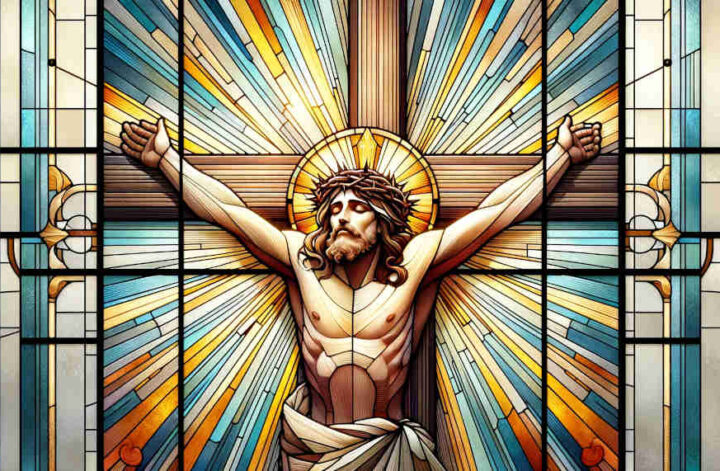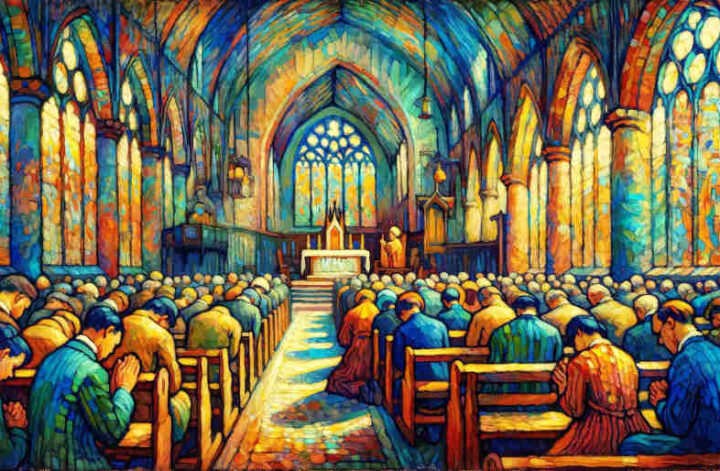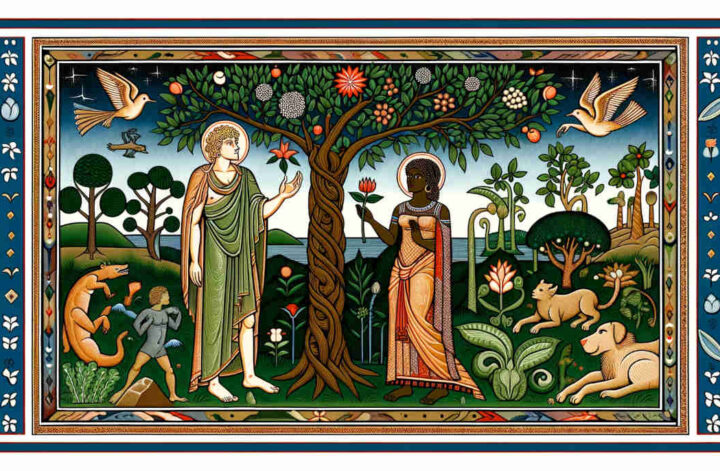Dear Theophilus,
In my pursuit to understand the diversity within the Christian faith, I have come across various teachings of The Church of Jesus Christ of Latter-day Saints, also known as the Mormons. Could you elucidate what beliefs Mormons hold that differ from those of mainstream Christianity?
With respect,
Constantine
Core Differences in Mormon and Mainstream Christian Theology
Dear Constantine,
Your question is indeed reflective of the rich tapestry of belief systems that identify themselves under the umbrella of Christianity. The Church of Jesus Christ of Latter-day Saints (LDS), commonly referred to as Mormons, shares certain beliefs with mainstream Christianity but also holds several distinctive doctrines.
The Nature of the Godhead
In mainstream Christianity, the doctrine of the Trinity is a central tenet, describing God as one Being in three Persons: Father, Son, and Holy Spirit. In contrast, LDS theology distinguishes between the members of the Godhead as three separate beings united in purpose, not substance. This means that they reject the Nicene Creed’s definition of the Trinity, which is accepted by most Christian denominations.
Scripture and Revelation
While the Bible is the sacred scripture for both Mormons and mainstream Christians, the LDS Church also considers other writings to be divinely inspired. These include the Book of Mormon, Doctrine and Covenants, and the Pearl of Great Price. Mormons believe that these texts complement the Bible and provide further insights into God’s will and humanity’s salvation.
The Plan of Salvation
The LDS Church has a distinctive view on the afterlife and salvation. They believe in a pre-mortal existence and propose a plan of salvation that includes the potential for humans to progress to godhood in the afterlife. This contrasts with the more traditional Christian belief in heaven and hell as the final destinations for souls based on belief in Jesus Christ and his redemptive sacrifice on the cross.
Continuing Revelation and the Role of Prophets
Mormons believe in the concept of continuing revelation, which posits that God continues to reveal divine truths to living prophets. The President of the LDS Church is considered a prophet, seer, and revelator, a belief that differs from mainstream Christianity, which generally holds that the canon of Scripture is closed with the Book of Revelation.
Other Distinctive Practices and Beliefs
Additional unique beliefs include the practice of baptisms for the dead, the concept of restored priesthood authority, and the emphasis on the importance of family, which extends into their teachings about the structure and purpose of the afterlife.
Conclusion
It is clear that while Mormons share a belief in Jesus Christ as the Savior of the world and a commitment to living a moral life, they hold several core beliefs that are distinct from those of mainstream Christianity. These differences are not merely theological nuances but constitute fundamental departures from traditional Christian doctrines.
As you continue to explore the beliefs of different Christian groups, including the LDS Church, may you do so with a spirit of inquiry and respect for the faith of others, even as you discern their differences from mainstream Christian thought.
In Christ’s love,
Theophilus


